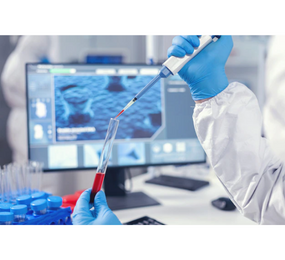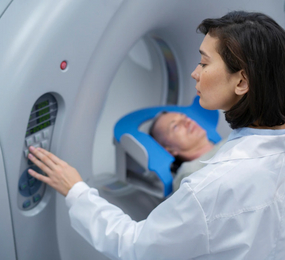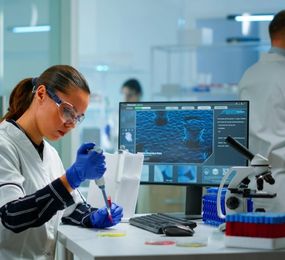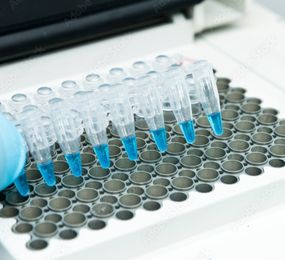Biomanufacturing, with its potential to revolutionize industries from healthcare to energy, presents a complex ethical landscape. As this field rapidly evolves, it's crucial to address the ethical considerations that arise.
Key Ethical Challenges in Biomanufacturing:
- Environmental Impact:
- Resource Depletion: Biomanufacturing can contribute to resource depletion if not managed sustainably. It's essential to optimize processes and minimize waste.
- Ecosystem Disruption: The release of genetically modified organisms (GMOs) into the environment can have unintended consequences, disrupting ecosystems.
- Social Justice and Equity:
- Access to Technology: Ensuring equitable access to the benefits of biomanufacturing is crucial, especially in developing countries.
- Fair Distribution: Addressing issues related to the fair distribution of biomanufactured products and services.
- Human Health and Safety:
- Unintended Consequences: Rigorous safety assessments are necessary to identify potential risks and minimize unintended consequences.
- Long-Term Impacts: Evaluating the long-term health implications of biomanufactured products is essential.
- Ethical Considerations in Research:
- Animal Welfare: If animal models are used in research, it's crucial to minimize suffering and maximize scientific gain.
- Human Subject Research: Ethical guidelines must be followed to protect the rights and well-being of human participants in clinical trials.
Addressing Ethical Challenges:
To navigate these ethical complexities, several strategies can be employed:
- Robust Regulatory Frameworks: Strong regulatory frameworks can ensure the safe and responsible development and use of biomanufactured products.
- Ethical Guidelines: Developing clear ethical guidelines for biomanufacturing can provide a framework for researchers and industry.
- Public Engagement: Open communication with the public can foster understanding and address concerns about biomanufacturing.
- International Cooperation: Collaborating with international organizations can help establish global ethical standards for biomanufacturing.
By proactively addressing these ethical challenges, the biomanufacturing industry can ensure that its innovations are used for the benefit of society and the environment. As this field continues to evolve, ongoing ethical reflection and responsible practices will be essential to shape a sustainable and equitable future.
To register or learn more about the Forum please check here: https://bit.ly/3WRMLFS.
For more information and group participation, contact us: [email protected]
















